Lam D. Nguyen
A Contribution-based Device Selection Scheme in Federated Learning
Mar 10, 2022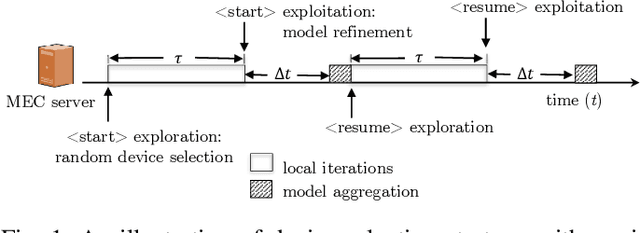


Abstract:In a Federated Learning (FL) setup, a number of devices contribute to the training of a common model. We present a method for selecting the devices that provide updates in order to achieve improved generalization, fast convergence, and better device-level performance. We formulate a min-max optimization problem and decompose it into a primal-dual setup, where the duality gap is used to quantify the device-level performance. Our strategy combines \emph{exploration} of data freshness through a random device selection with \emph{exploitation} through simplified estimates of device contributions. This improves the performance of the trained model both in terms of generalization and personalization. A modified Truncated Monte-Carlo (TMC) method is applied during the exploitation phase to estimate the device's contribution and lower the communication overhead. The experimental results show that the proposed approach has a competitive performance, with lower communication overhead and competitive personalization performance against the baseline schemes.
Learning, Computing, and Trustworthiness in Intelligent IoT Environments: Performance-Energy Tradeoffs
Oct 04, 2021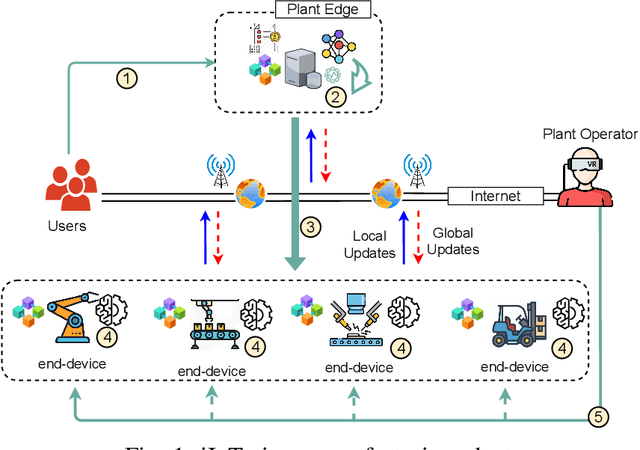
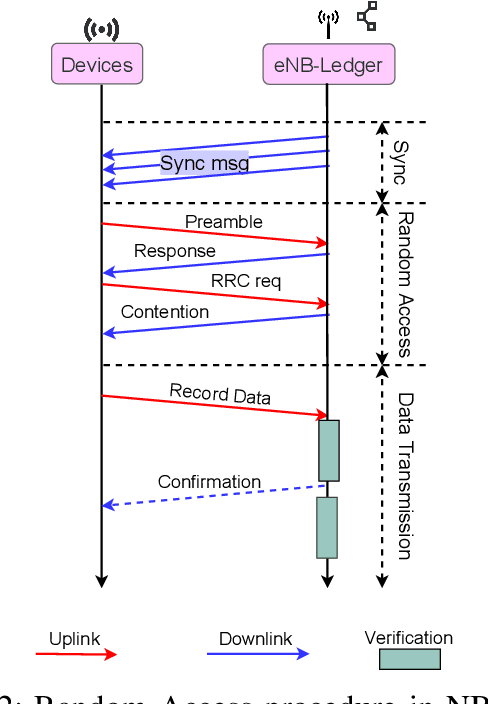
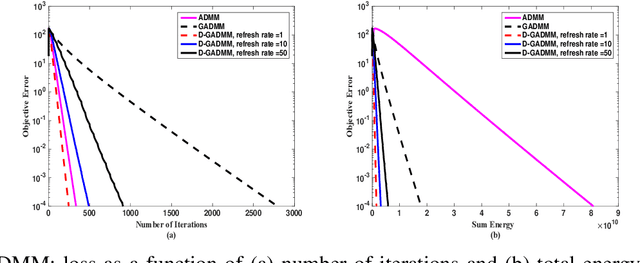
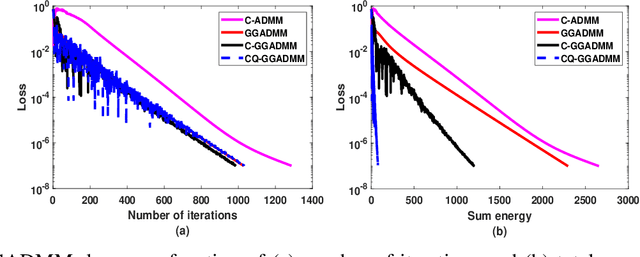
Abstract:An Intelligent IoT Environment (iIoTe) is comprised of heterogeneous devices that can collaboratively execute semi-autonomous IoT applications, examples of which include highly automated manufacturing cells or autonomously interacting harvesting machines. Energy efficiency is key in such edge environments, since they are often based on an infrastructure that consists of wireless and battery-run devices, e.g., e-tractors, drones, Automated Guided Vehicle (AGV)s and robots. The total energy consumption draws contributions from multipleiIoTe technologies that enable edge computing and communication, distributed learning, as well as distributed ledgers and smart contracts. This paper provides a state-of-the-art overview of these technologies and illustrates their functionality and performance, with special attention to the tradeoff among resources, latency, privacy and energy consumption. Finally, the paper provides a vision for integrating these enabling technologies in energy-efficient iIoTe and a roadmap to address the open research challenges
 Add to Chrome
Add to Chrome Add to Firefox
Add to Firefox Add to Edge
Add to Edge